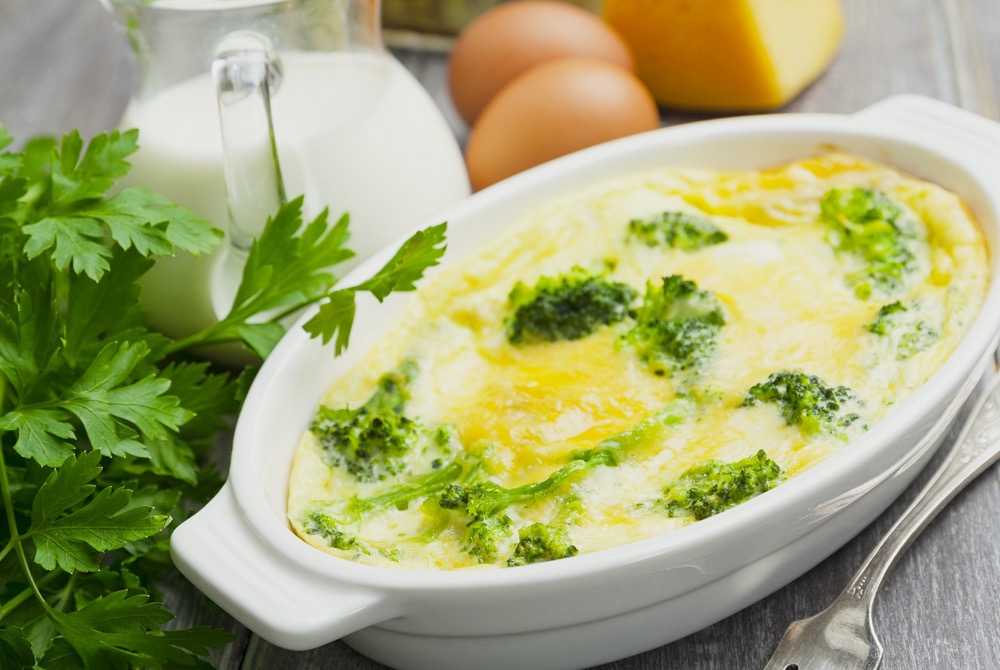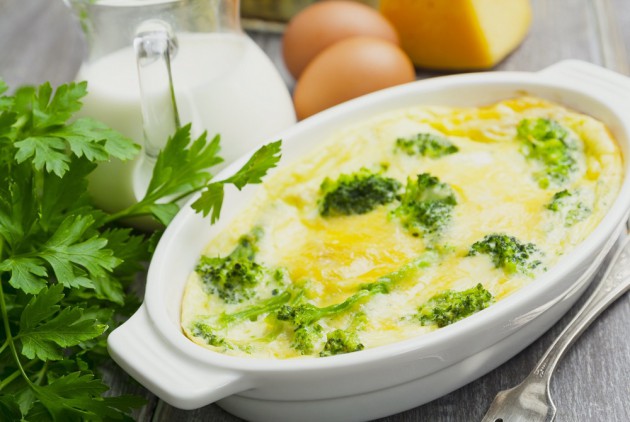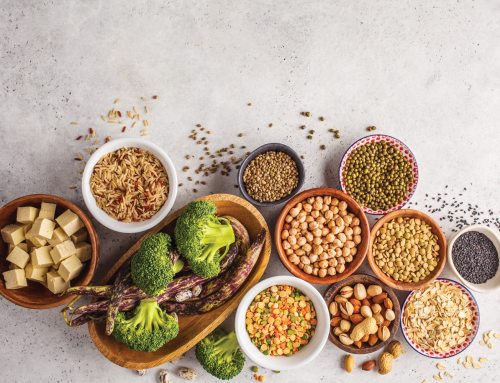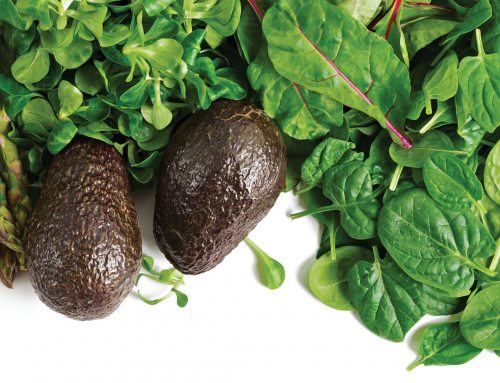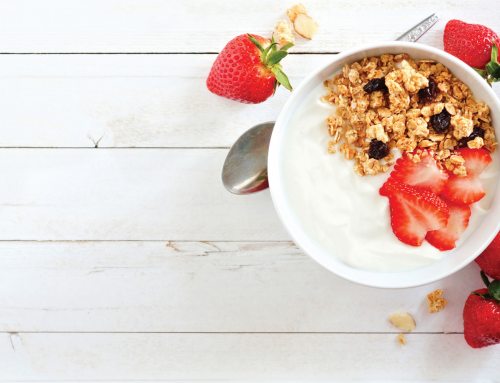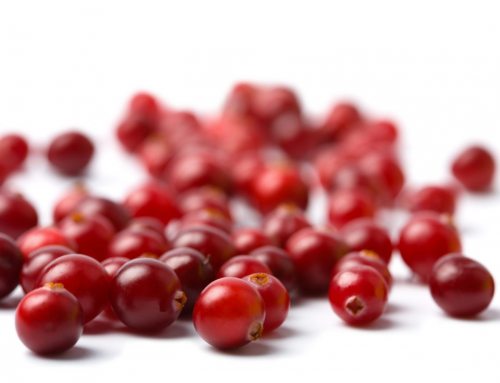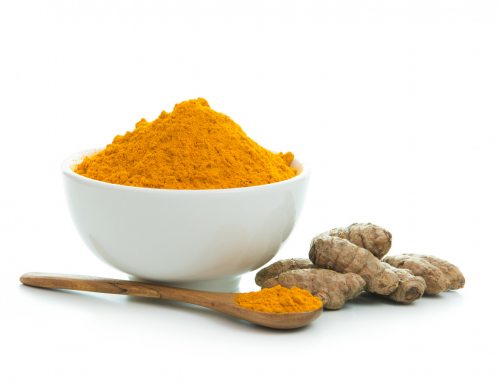By Chris Newport
Are you powered by plants? Many athletes are, including Martina Navratilova (famous tennis player), Brendan Brazier (triathlete, Canadian 50K champion and Vega formulator), Scott Jurek (Appalachian Trail Run Record Holder), Patrik Baboumian (Germany’s Strongest Man 2011) and Bode Miller (World Cup alpine skier). Clearly it’s possible to be a successful athlete fueled by plants, but is it the right diet for you?
There are many different “flavors” of plant-based diets. Generally speaking, vegetarians avoid animal products (i.e. meat, poultry, and fish) and eat plant foods, including fruit, vegetables, legumes (i.e. beans, peanuts, soy, and peas), grains, seeds, and nuts. Lacto-ovovegetarians include eggs and dairy products (i.e. cheese, yogurt and milk), while vegans avoid all animal products (including honey). Flexitarians occasionally eat meat and Pescatarians occasionally eat fish.
Why go veg? There are plenty of reasons. It’s nicer on your wallet, better for the environment and good for your health. Many people also choose plant-based diets for religious reasons or concerns for animal welfare. Vegetarians have higher antioxidant status for vitamins C, E and beta carotene than omnivores, which might help reduced exercise related oxidative stress, but more research is needed to determine whether it provides significant performance gains.
What are the challenges of plant-based diets for athletes? While some vegetarians often struggle to get enough calories or protein, there’s no reason why a well-planned plant-based diet can’t provide all the necessary macronutrients (carbohydrates, fat, and protein). However, if not well executed, there’s risk of deficiencies in iron, B12, zinc, vitamin D, calcium, and omega-3 fatty acids. Iron is necessary for transporting oxygen to working muscles, B12 keeps the body’s nerves and blood cells healthy, zinc is important in immunity, vitamin D is necessary for strong bones and immunity, calcium is important for muscle contraction, and omega-3 fatty acids (EPA and DHA; not ALA) are critical in mental health and fighting excess inflammation.
In my experience as a sports nutritionist, vegetarians generally don’t have an issue getting enough fruits and vegetables. We should all be shooting for at least 5 servings per day, if not closer to 8-12 servings. However, they’re often consuming too many processed soy products and carbohydrates like veggie burgers, crackers, and pasta. While soy is especially important for vegans, choosing minimally processed versions like organic edamame and tempeh are far superior than the processed imitation meat products. Carbohydrates provide fuel, but are not necessary in the quantity we once thought for athletes. Instead, moderation and variety are not only the keys to a successful plant-based diet, but to any diet.
So whether you’re vegetarian or not, here are some nutritious plant-based meal and snack ideas:
Breakfast: egg omelet with broccoli; smoothie with lite coconut milk, pea protein, and strawberries; oatmeal with peanut butter and raisins
Snacks: almonds and an orange; greek yogurt with raspberries and pumpkin seeds; hummus and carrots
Lunch: three bean salad (kidney beans, edamame, and green beans); pizza and side salad; coconut curry lentil soup
Dinner: tempeh stir fry with cashews and veggies; bean chili; zucchini noodles with fresh tomatoes, basil and tofu
Can you be a successful plant-based athlete? Absolutely. Is there one way of eating that’s best for performance or suitable for everyone? Nope. Whichever diet you choose, be sure to include a variety of fruits and vegetables and other plant-based foods to provide a wide variety of vitamins and minerals to support your active lifestyle. And if you ever need help determining the optimal diet for your needs, enlist the help of a good sports nutritionist!
# # #
Chris Newport is a Registered and Licensed Dietitian and Nutritionist for ActivEdge Fitness & Sports Performance, USA Triathlon Expert Coach, ACSM certified exercise physiologist, runner, cyclist, mom and real-food advocate. She is the founder of Endurance NEWtrition, a sports nutrition and endurance coaching company as well as Wheel Chix, a women’s only cycling club.


